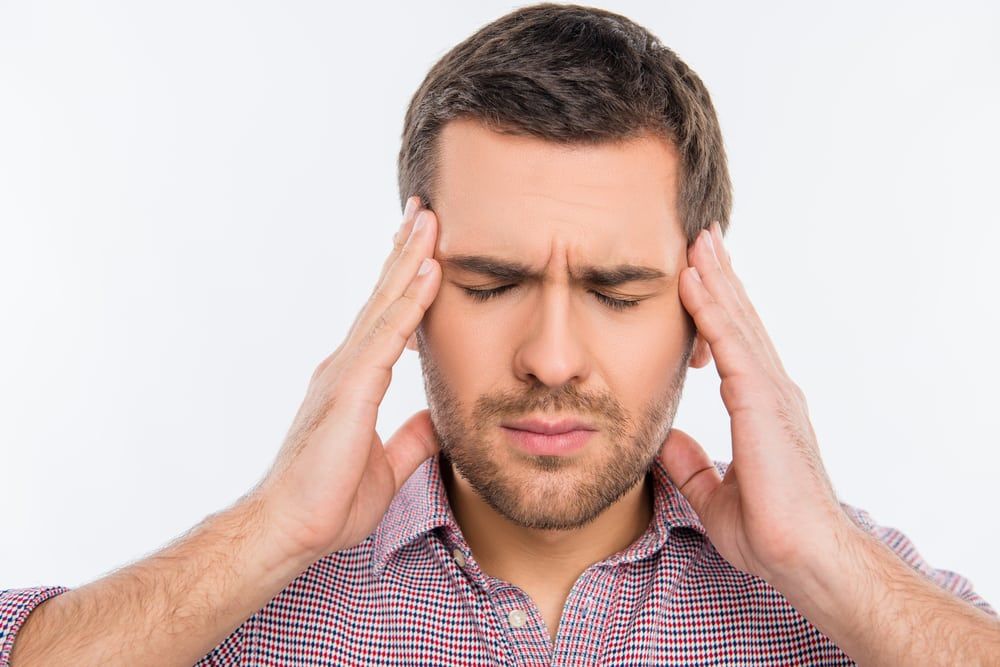Migraines are headaches that cause throbbing or pulsating pain that is usually limited to one side of the head. These headaches affect everyone differently, with some people experience mild to moderate migraines lasting for only a half hour, and others battling debilitating pain for hours or even days on end. Not everyone is prone to migraines; and of those who are, the cause is not known. However, certain factors like stress, anxiety, and poor sleep patterns can contribute to the frequency and severity of migraine pain. Most people never know when a migraine coming, but a small percentage are forewarned with vision disturbances just a few minutes before headaches begin.
Did you know…
that 12 percent of all Americans suffer from migraine headaches? According to the National Institutes of Health, migraine headaches are much more likely to strike women than men at a ratio of 3 to 1. Although it is not known exactly why people get migraines, researchers believe that the cause could be linked to a genetic predisposition to headaches. The National Headache Foundation reports that approximately 70 to 80 percent of migraine sufferers also have a family history of migraine pain.
Frequently Asked Questions
Should I seek treatment for my migraine headaches?
You should seek treatment for your migraines if they occur frequently and are obstructive to your day-to-day life. Over the counter medications may be helpful for the occasional migraine but prolonged usage of these medications can cause gastrointestinal bleeding or other side effects. Contact your doctor if you suffer from frequent, severe, or prolonged migraine headaches.
What types of migraine headache treatments will my doctor recommend?
There are many options available for treating and preventing migraine headaches. Initially, your doctor may prescribe pain medications like indomethacin to help manage symptoms. Other medications, such as triptans, ergots, opioids, and glucocorticoids may also prove effective. Many patients find that botox injections are highly effective in reducing the frequency and severity of migraine headaches. Talk to your doctor about whether botox or pain medications could be right for you.
Is there anything I can do to help facilitate treatment for my migraines?
In addition to following your doctor’s instructions for treatment, you may be able to find migraine relief by keeping a headache diary. Some patients find that migraines are more common when specific external factors like stress, lack of sleep, or a particular food are present. Try to get plenty of rest and relax in a quiet, dark room when you feel the starting of a migraine.











































































































































































































































































































